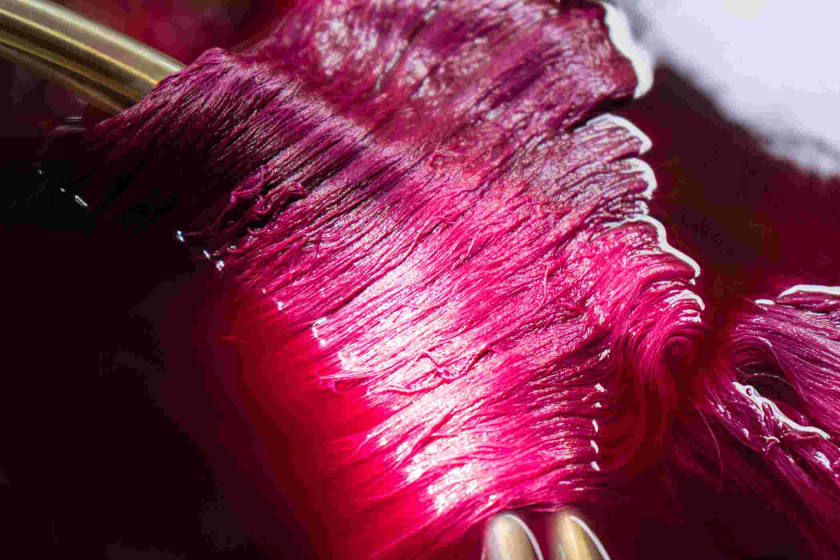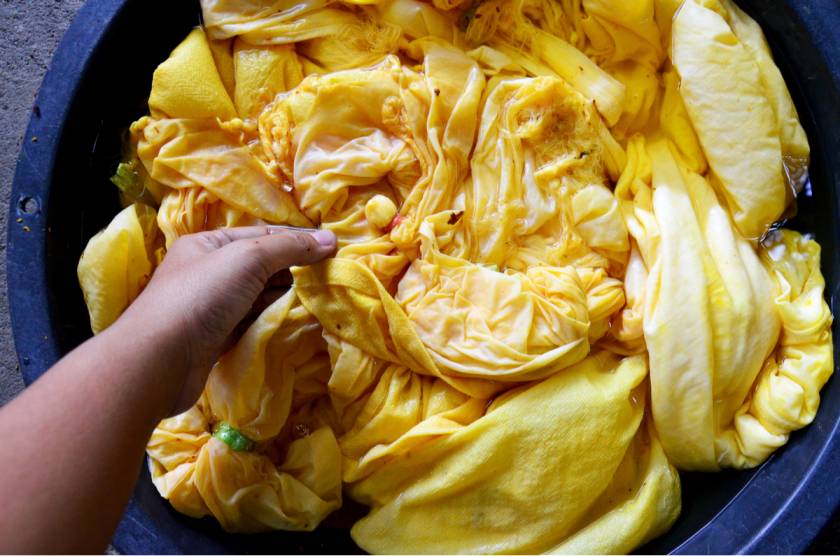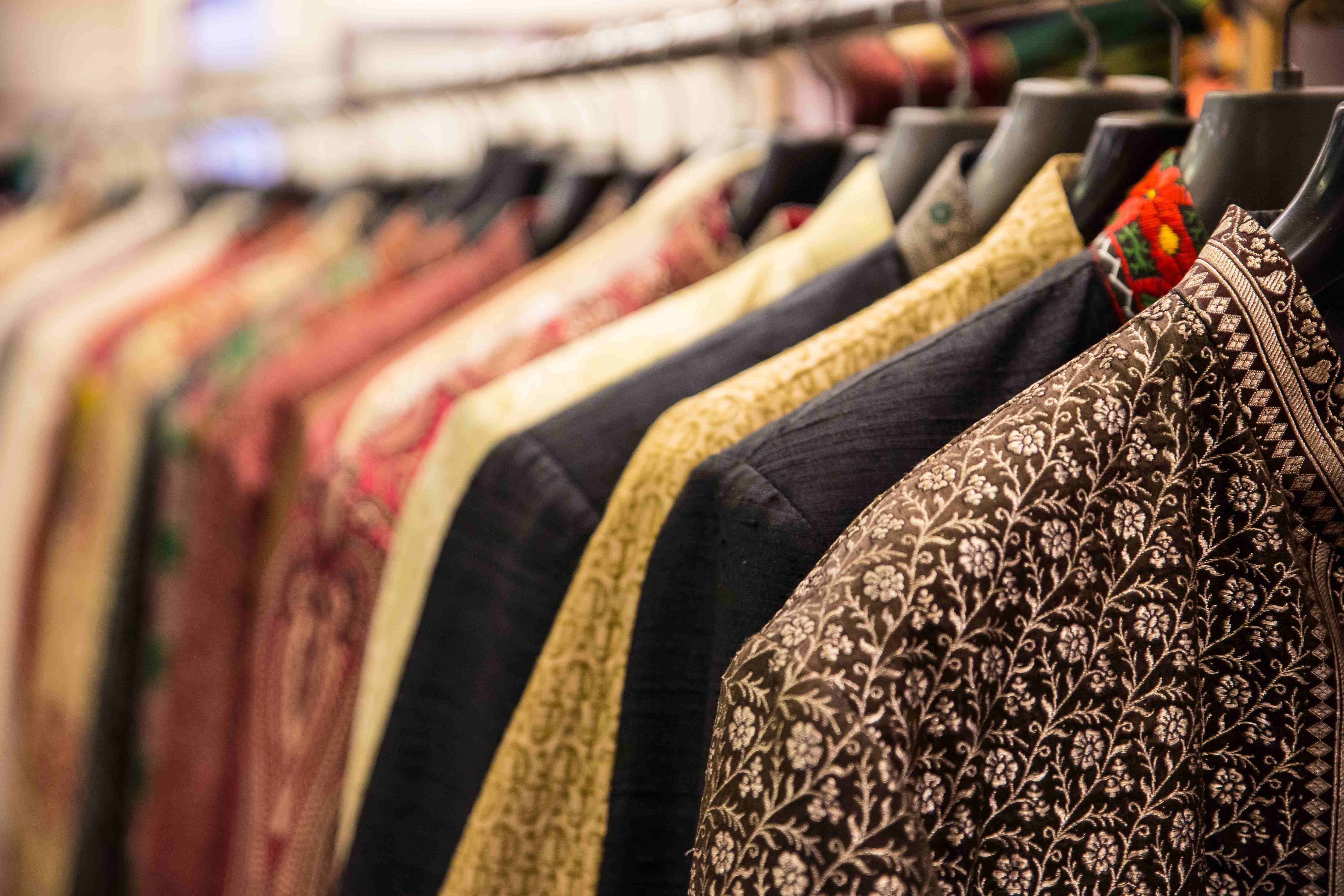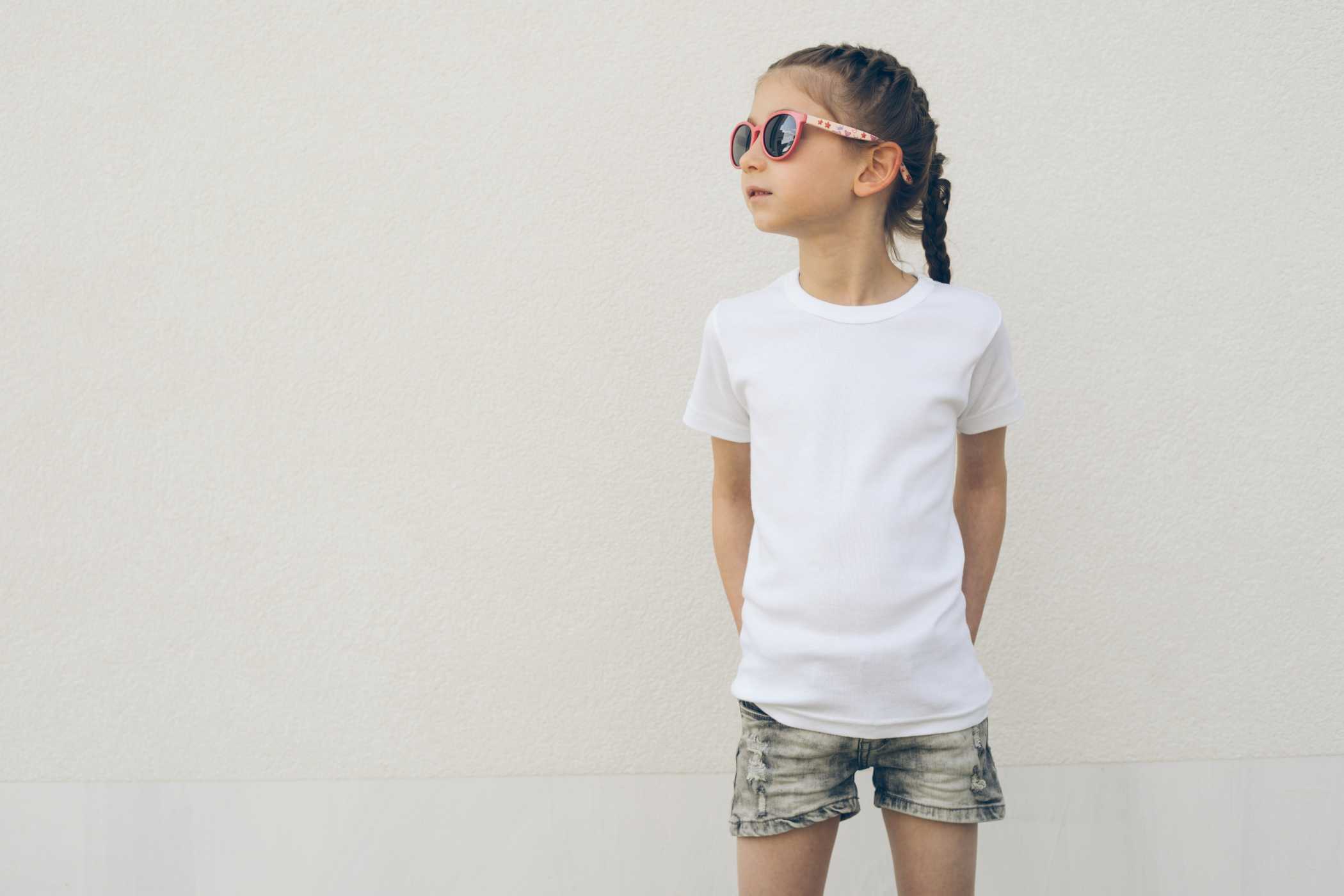How To Know Which Garment Dyeing Technique Is The Best Fit For Your Collection?



It's impossible for anyone to forecast exactly what colors will be popular when it comes to clothing sales because fashion trends are constantly changing and evolving. The usual tendency is to postpone the finishing to after the garment is manufactured in order to be able to feel the market trend and to reduce the delivery time. As a result, it is possible to dye clothing with the desired color and then finish the garments so that they are wrinkle-resistant and dimensionally stable. Garment dyeing of cotton is becoming more popular.
What is garment dyeing?
Garment dyeing is the process of dying wholly produced clothing products such as t-shirts, slacks, trousers, shirts, jackets, tops, pullovers, dresses, and bottoms. This is in contrast to the traditional process of producing clothes using pre-dyed textiles. Grey textiles, on the other hand, are now dyed in the desired hue after they are manufactured. Benetton was the first major industrial user of the garment dyeing method, using it to dye their Shetland wool knitwear. Since then, it has grown in popularity. Garment dying has grown increasingly popular in the current digital ecommerce age of shifting fashion trends because of the benefits of rapid responsiveness to market demand and enhanced inventory control.
What are the advantages of garment dying?
Compared to fabric dyeing, dyeing garments has numerous benefits in solid color garment manufacture and export. Some of the most important benefits are listed below:
- Flexibility in reaction to rapidly changing market trends
- Quick response and speedy turnaround based on real-time demand
- Flexibility to choose dye colors and finishes
- Bleaching, de-sizing, dyeing, scouring, and finishing may all be accomplished in the same machine
- Comparatively low rejection
- Low inventory requirement
- Fewer capital investments to run business
- Re-dying of old garments and save scrappage cost
- No chance of color fluctuation inside the clothes
- Custom effects and designs can be implemented
Garment dyeing techniques and choosing the best method for your collections

There are numerous techniques for garment dyeing; recently, some cutting-edge technology for garment dyeing has emerged in the fashion industry. While each one of these has pros and cons, you need to decide based on the material you use, budget, accessibility of raw materials, and innovative designs you want to incorporate. Some of the key methods are described as below:
| Garment Dyeing Technique | Description | Suitability for different collections |
| Bale Dyeing | This is a low-cost process for dyeing cotton fabric. Without scouring, the cloth is passed through a cold water bath where the sized warp has an affinity for the dye. | Chambray imitation and similar textiles. This is suitable for manufacturing low-valued products. |
| Beam Dyeing | The warp is colored prior to weaving in this manner. It is coiled into a perforated beam and dye is pushed through the holes to color the yarn. | Diverse types of woven and knitted textiles. |
| Jig Dyeing | This is done in an open formation of the commodities in a jig, kier, vat, beck, or vessel. The cloth is passed from roller to roller in a deep dye bath until the appropriate color is obtained. | It is ideally suited for dying textiles that are easily wrinkled, such as taffetas, poplins, suitings, and satins. |
| Jet Dyeing | The procedure involves both the movement of cloth and the flow of dye liquid. Extremely high temperatures are used to heat the dye bath. | Best suited for knitted fabrics - trousers, shirts, jeans, denim. |
| Tie-Dyeing | Tie-dyeing is a popular method for creating colorful designs and patterns on clothes. Tie-dyeing is becoming a popular way to dress up basic t-shirts and other clothes by utilizing colorfast dyes and innovative folding techniques | Produce a broad range of designs on cloth, including conventional patterns like the spiral, peace sign, diamond, and marble effect, as well as magnificent works of art. |
| Spray Dyeing | This is a type of dyeing that produces a white appearance on a specific region of clothing. It is also known as pigment spray. | Used to dye silk, wool, and woolen blends and viscose yarns that are all delicate. |
| Over Dyeing | The process of dying a fabric a second or third time with a different color in order to salvage an unappealing or unsatisfactory colored cloth. It creates an uneven appearance. | Used for coloring socks, inner wears, sweater |
| Cold Dyeing | The clothes are colored as ready-made items in a cool, room-temperature procedure without heating. | T-shirts, shirts, trousers made of viscose, cotton, and various other cellulosic fibers. |
| Washable Dyeing | After conventional dyeing, an enzyme, acid, or caustic peroxide wash is required to get an uneven appearance. If we utilize washable colors, we don't need to employ enzymes, acid washes, or caustic peroxide washes to get an uneven appearance. | Temporary coloration for garments - jeans, trousers, and shirts made out of silk, cotton, denim material |
| Reverse Dyeing | In contrast to traditional tie-dyeing, which involves adding color to a light-colored cloth, reverse dyeing involves removing the color that is already in the garment. This is an interesting technique to apply certain designs and shapes to colored t-shirts and pants. | T-shirts, shirts, and tops to create designs and contrasting colors |
Conclusion
There are myriads of garment dyeing techniques. However, simply developing a beautiful design that captures the attention of buyers is insufficient. You must collaborate with the greatest manufacturer in the fashion business, who can help you produce the best-selling clothes at lightning speed. So, meet the experts with the help of Fashinza and scale up your fashion business.



















